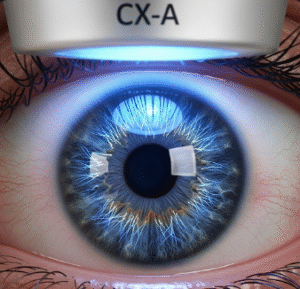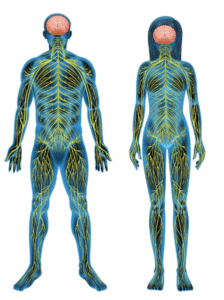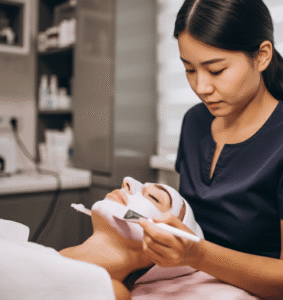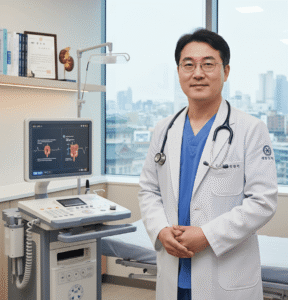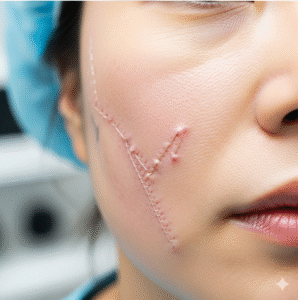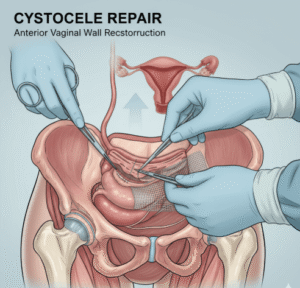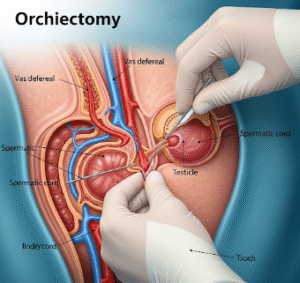Overview
Disorders of Consciousness (DoC) refer to a group of conditions where a person’s awareness and responsiveness are severely impaired, usually following brain injury, trauma, stroke, or severe neurological disease. These states include coma, vegetative state, and minimally conscious state. In Korea, advanced medical centers such as Seoul National University Hospital, Asan Medical Center, and Samsung Medical Center specialize in intensive care, neurorehabilitation, and advanced diagnostic imaging for patients with DoC.
What are Disorders of Consciousness?
Disorders of consciousness occur when brain function related to awareness and wakefulness is disrupted. These conditions range from complete unresponsiveness (coma) to partial awareness (minimally conscious state). Patients may require long-term medical care, rehabilitation, and continuous monitoring.
Symptoms
- Coma: No wakefulness or awareness, eyes closed, no response to external stimuli.
- Vegetative State: Sleep-wake cycles present, but no evidence of awareness of self or environment.
- Minimally Conscious State: Some inconsistent signs of awareness, such as following commands, purposeful movements, or verbal attempts.
- Reduced ability to communicate.
- Abnormal movements or reflexive responses.
- Breathing and autonomic dysfunction in severe cases.
Causes
- Traumatic brain injury (road accidents, falls, violence).
- Stroke or severe intracranial hemorrhage.
- Lack of oxygen to the brain (cardiac arrest, near-drowning).
- Severe brain infections (encephalitis, meningitis).
- Degenerative neurological conditions.
- Drug overdose or metabolic disturbances.
Risk Factors
- Severe accidents or head trauma.
- Cardiovascular disease and high risk of stroke.
- Chronic neurological illnesses.
- Substance abuse or drug poisoning.
- Advanced age (higher risk of severe outcomes after brain injury).
Complications
- Permanent disability or prolonged unresponsive states.
- Infections (pneumonia, urinary tract infections).
- Bedsores and muscle contractures from immobility.
- Malnutrition and dehydration.
- Emotional and financial burden on families.
- Progression to brain death in severe cases.
Prevention
- Road safety measures and helmet use to prevent traumatic brain injury.
- Controlling blood pressure, diabetes, and heart disease to prevent stroke.
- Proper medical management of infections and metabolic disorders.
- Public education on CPR and emergency care to reduce hypoxic brain injury.
Treatment Options in Korea
Treatment focuses on stabilizing patients, preventing complications, and maximizing chances of recovery.
- Diagnosis
- Neurological assessments (Glasgow Coma Scale, CRS-R).
- Brain imaging (MRI, CT, PET scans).
- EEG monitoring to evaluate brain activity.
- Advanced neuroimaging techniques used in top Korean hospitals.
- Medical Treatments
- Intensive care support (ventilation, nutrition, fluid balance).
- Medications to control seizures, spasticity, or infections.
- Drugs like amantadine may help stimulate brain activity.
- Rehabilitation & Supportive Therapies
- Physical therapy to prevent muscle wasting and contractures.
- Occupational therapy to improve responsiveness.
- Speech therapy for communication rehabilitation.
- Neuromodulation therapies such as transcranial magnetic stimulation (TMS) or deep brain stimulation in advanced centers.
- Surgical & Advanced Therapies
- Surgical interventions for hydrocephalus, intracranial hemorrhage, or brain swelling.
- Clinical trials and experimental therapies at leading Korean hospitals.
- Specialized Hospitals and Clinics in Korea
- Seoul National University Hospital – advanced neurocritical care and rehabilitation programs.
- Asan Medical Center – expertise in stroke and brain injury rehabilitation.
- Samsung Medical Center – advanced neurology and neurosurgery facilities.
- National Rehabilitation Center (NRC), Seoul – specialized in long-term rehabilitation for patients with severe neurological conditions.



